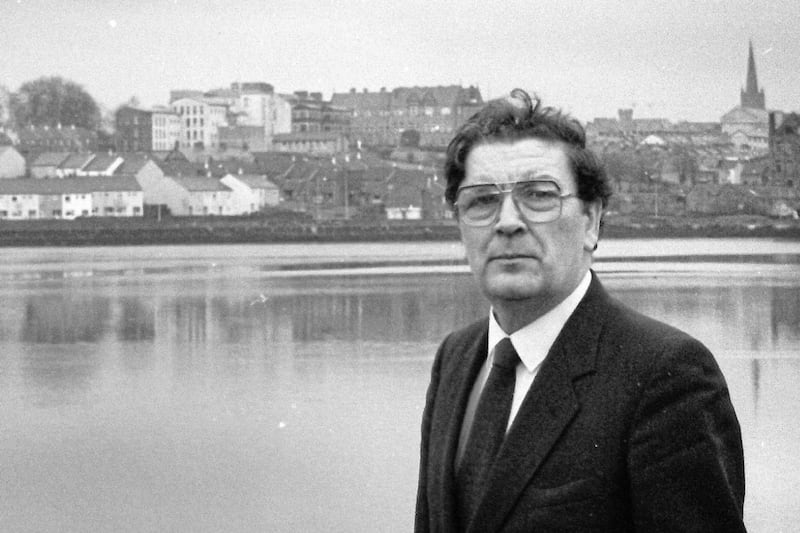November 1 1924
When the results of the British General Election of 1924 are examined by critics after the last echo of the hurly-burly has died away, it is not the triumph of the Tories or the passing defeat of the Labour Party that will engage the attention of the public.
Parties have been ignominiously defeated time after time in Great Britain – to revive again. When Mr (now Lord) Balfour dissolved Parliament in January, 1906, his Party numbered 368 at Westminster. Only 158 returned – and the leader was amongst the casualties. Liberal and Labour combined had 427 combined in that new Parliament; 84 Irish Nationalists were elected also. It was a veritable “landslide” then.
But the Tories, broken, beaten, utterly disgruntled as they were in 1906, had a great advantage on their side. They were a feeble minority; but they were the Opposition Party; they were united; they had a definite policy; they were in a position to profit by the blunders of their opponents.
Passing over the General Elections of 1910, in which Toryism’s resurgence was demonstrated in Britain, we find another immense majority returned for the composite Party led by Mr [David] Lloyd George and the late Mr [Andrew] Bonar Law in 1918. British Parties at the close of that election stood as follows: -
- Unionists 382
- Coalition Liberals 133
- N.D. Party 10
- Labour 63
- Liberals 28
Liberalism was apparently submerged; but the Lloyd-Georgite and Asquithian liberals together numbered 161; when the inevitable split within the Coalition came there was a gradual re-union of forces, and 158 Liberals under Mr [Henry] Asquith’s recognised leadership sat in the last Parliament. But the Labour Party was 193 strong when the Dissolution came a few weeks ago. Mr [Ramsay] MacDonald led the second party in the British State – and he was Prime Minister. He was defeated at Westminster on a Liberal motion and by the Liberal vote. Mr Asquith was the Mayor of the Palace; he had made a Labour Government; he unmade it; he hoped – nay, he believed, that the same power would be vested in his hands at the close of the conflict now ended. Instead, he is out, like Mr Balfour in 1906; many of his prominent colleagues are out also; of his 158, barely 38 survive. The “moderate Party’s” fate was inevitable. It was crushed between the millstones of Tory Reaction and Labour Socialism. It will not revive.
Irish News editorial correctly predicting the fatal demise of the Liberal Party after a crushing election defeat.






